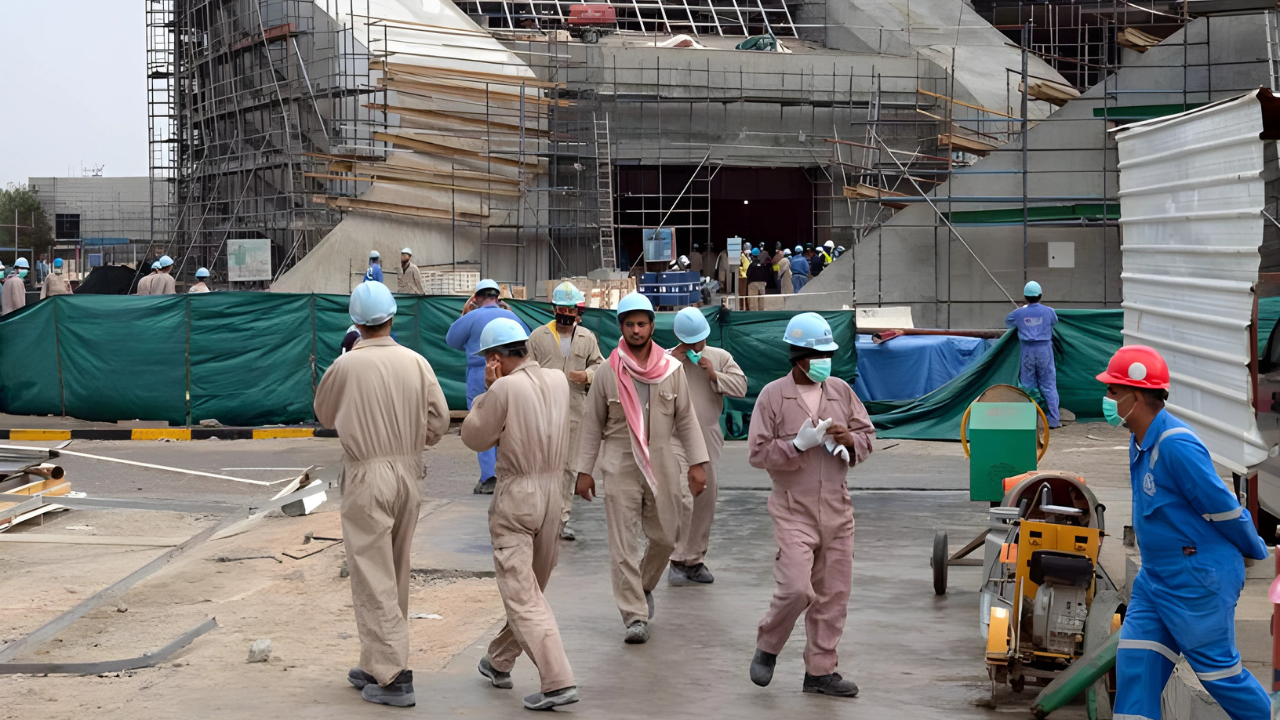
Post by : Naveen Mittal
Kuwait, one of the wealthiest countries in the Middle East, is now confronting a growing housing crisis that has left thousands of its citizens waiting for homes. With a population of around 1.5 million Kuwaitis, the state’s ability to meet housing demand has been stretched to its limits. Reports indicate that 100,000 people remain on the government’s waiting list, some waiting for years to receive housing assistance. In response, Kuwait has announced a major initiative to alleviate this crisis by inviting bids for the construction of three new cities, a move that could redefine urban living in the Gulf nation.
This ambitious project, backed by a 2023 housing law, aims to collaborate with both local and foreign investors through joint ventures. The cities, planned for the north and west of the capital, Kuwait City, are expected to bring relief to thousands of families while also reshaping Kuwait’s real estate and infrastructure landscape.
The government of Kuwait is responsible for providing housing to all Kuwaiti families. However, despite significant oil wealth and longstanding welfare programs, the housing infrastructure has lagged behind population growth and rising expectations.
Key facts about the crisis:
100,000 citizens are on the waiting list for housing support.
Many families wait several years before receiving housing allotments.
Increasing urbanization and household formations have worsened the crisis.
In response, the government is seeking innovative partnerships to expedite housing development while ensuring that projects remain affordable and accessible to Kuwaiti citizens.
The three planned cities are expected to be models of integrated urban development. They are designed not only to provide housing but also to include necessary infrastructure, schools, healthcare facilities, and commercial hubs.
Al Mutla’a City – Located north of Kuwait City, this city will expand living space in an area primed for development. It is envisioned as a modern urban center with sustainable designs and smart-city elements.
East Saad Al Abdullah City – Situated east of the capital, this city will be closer to key transport links and trade corridors, facilitating ease of access and commuting for residents.
West Saad Al Abdullah City – Designed to meet growing demands in western regions, this city will complement the eastward expansion and provide a balanced urban spread.
These cities are expected to incorporate green spaces, energy-efficient homes, and community-centric facilities to enhance the quality of life.
The 2023 law enables Kuwait’s government to form joint ventures with private sector players to execute large-scale housing projects. Under the new regulations:
Private partners will be involved in design, financing, construction, operation, and maintenance.
A 30-year contract framework has been laid out, including a four-year construction period.
Residential units will be sold to Kuwaiti citizens at affordable prices.
Non-residential assets, such as utilities and infrastructure, will eventually be transferred back to the government.
This structure ensures that both public welfare and private investment are balanced, while projects remain aligned with national development goals.
The construction of these cities is expected to bring multiple benefits, ranging from easing housing shortages to boosting the economy.
The primary goal is to provide homes for thousands of citizens who currently live in temporary housing or on the waiting list. Once operational, these cities could significantly reduce the backlog and offer residents improved living conditions.
Large-scale construction projects are labor-intensive and will create thousands of direct and indirect job opportunities. Local contractors, engineers, and service providers will benefit from the influx of work.
By opening bids to local and foreign investors, Kuwait is positioning itself as an attractive destination for capital investment. Real estate, construction, and infrastructure companies stand to gain from participating in long-term projects backed by government support.
With comprehensive planning, the new cities are expected to feature state-of-the-art infrastructure, including sustainable water and energy solutions, smart transport systems, and modern healthcare and education facilities.
In line with global trends, Kuwait is expected to incorporate environmentally friendly solutions into the new cities, promoting energy efficiency and reducing the carbon footprint.
Despite the promising outlook, several challenges must be addressed:
Financing – Ensuring long-term funding for these mega projects will require robust investment plans and transparent financial governance.
Maintaining affordability – With private sector involvement, pricing strategies must balance profitability with accessibility.
Urban sprawl concerns – Expansion must be carefully managed to avoid environmental degradation and inefficient land use.
Public trust – Ensuring that citizens benefit from the project requires clear communication and accountability measures.
Kuwait’s bold move to partner with private investors reflects a shift in how the country approaches its welfare and development responsibilities. By allowing foreign and local stakeholders to participate in building new cities, Kuwait is opening up its economy and addressing systemic issues that have hindered growth.
These new urban centers could become blueprints for similar projects in other Gulf Cooperation Council (GCC) countries facing housing shortages, serving as models of integrated planning and cooperation between the public and private sectors.
Kuwait’s plan to construct three new cities represents one of the most ambitious housing projects in the Gulf. Designed to ease the country’s longstanding housing crisis, the initiative leverages public-private partnerships to ensure sustainable and inclusive growth. With careful planning, transparent governance, and strategic investment, these cities have the potential to reshape Kuwait’s urban landscape while setting a precedent for future developments in the region.
As the bidding process unfolds, all eyes are on how Kuwait will navigate financing, affordability, and infrastructure planning to deliver on its promise of providing homes to thousands of families in need.
#Kuwait #HousingCrisis #UrbanDevelopment #RealEstate #SmartCities #MiddleEast #Construction #Investment #SustainableLiving #PublicPrivatePartnership


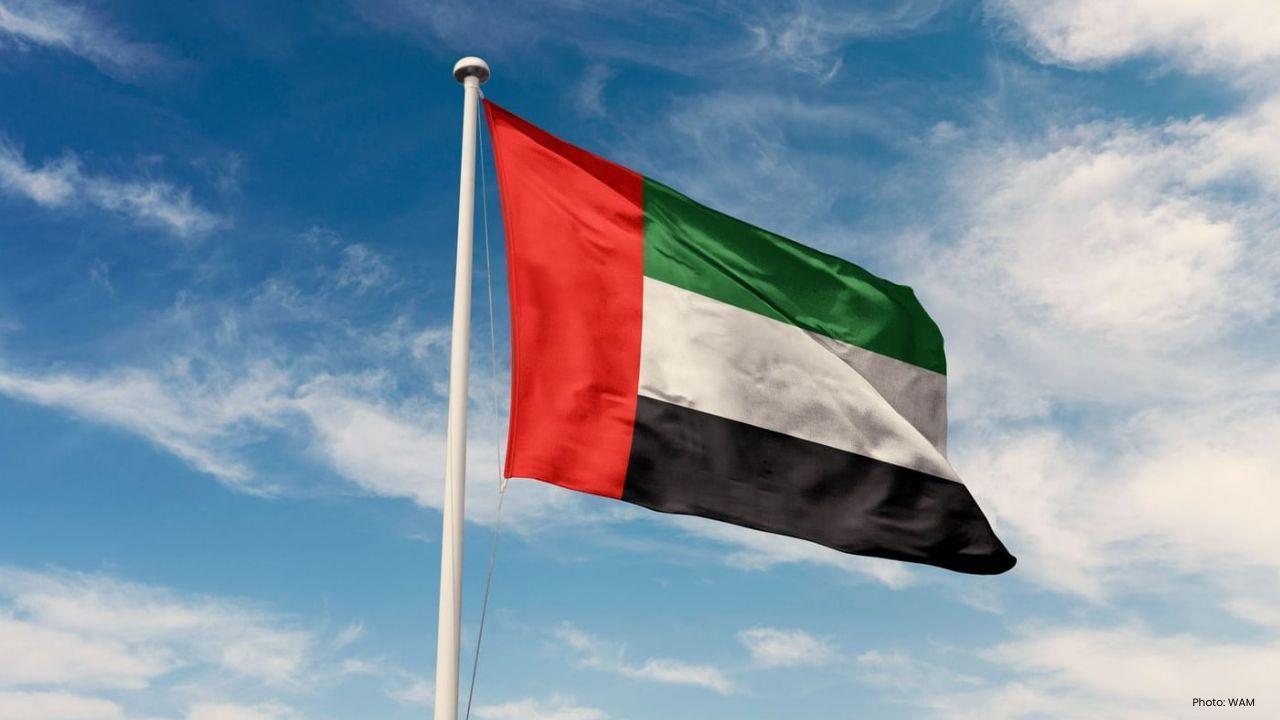
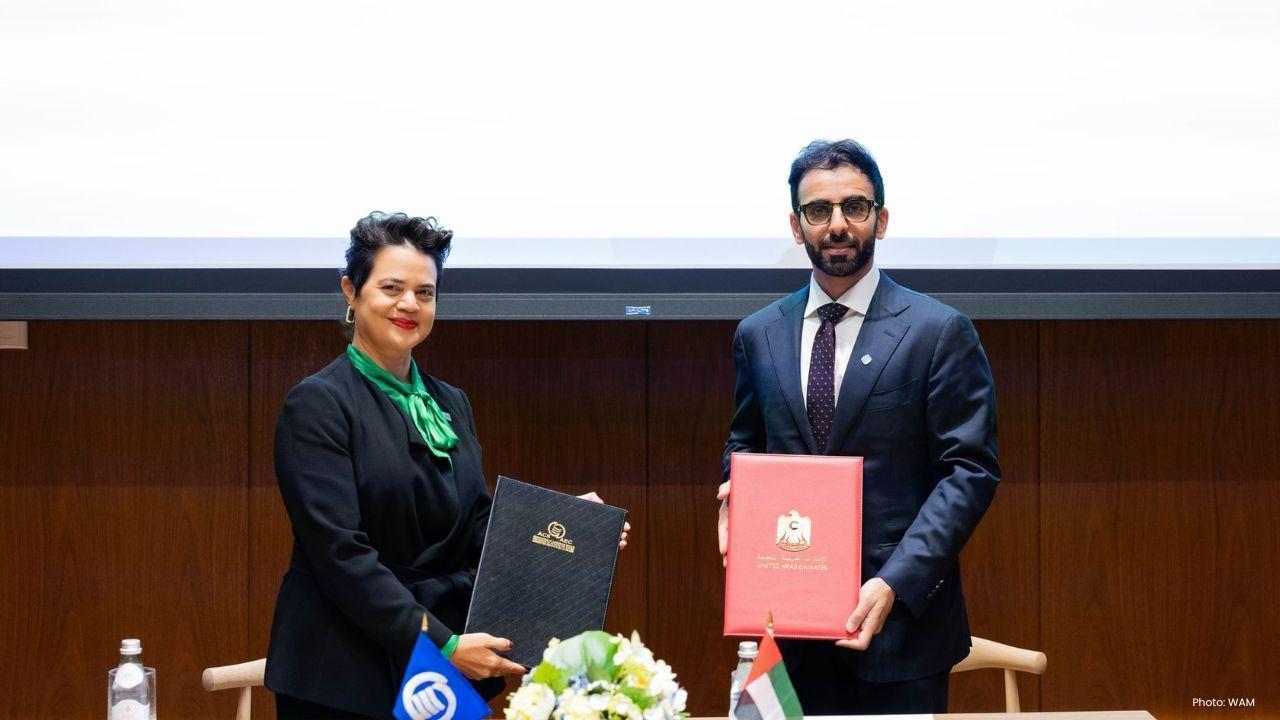
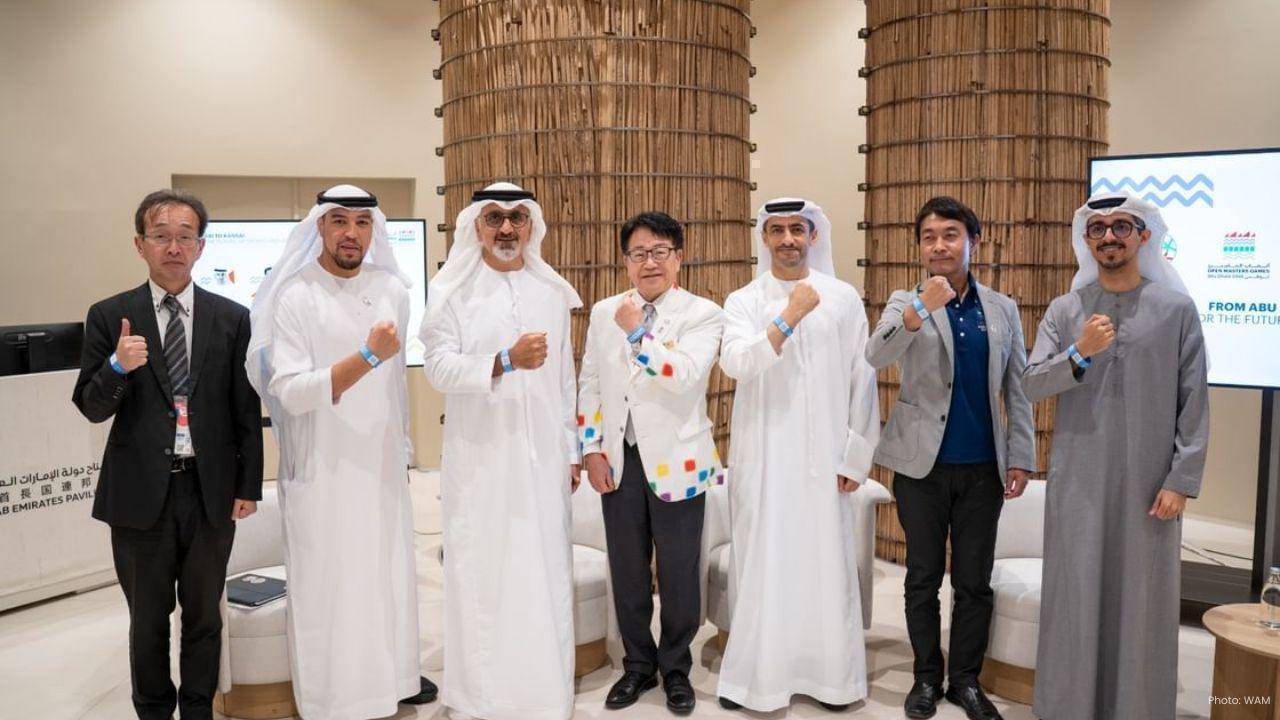

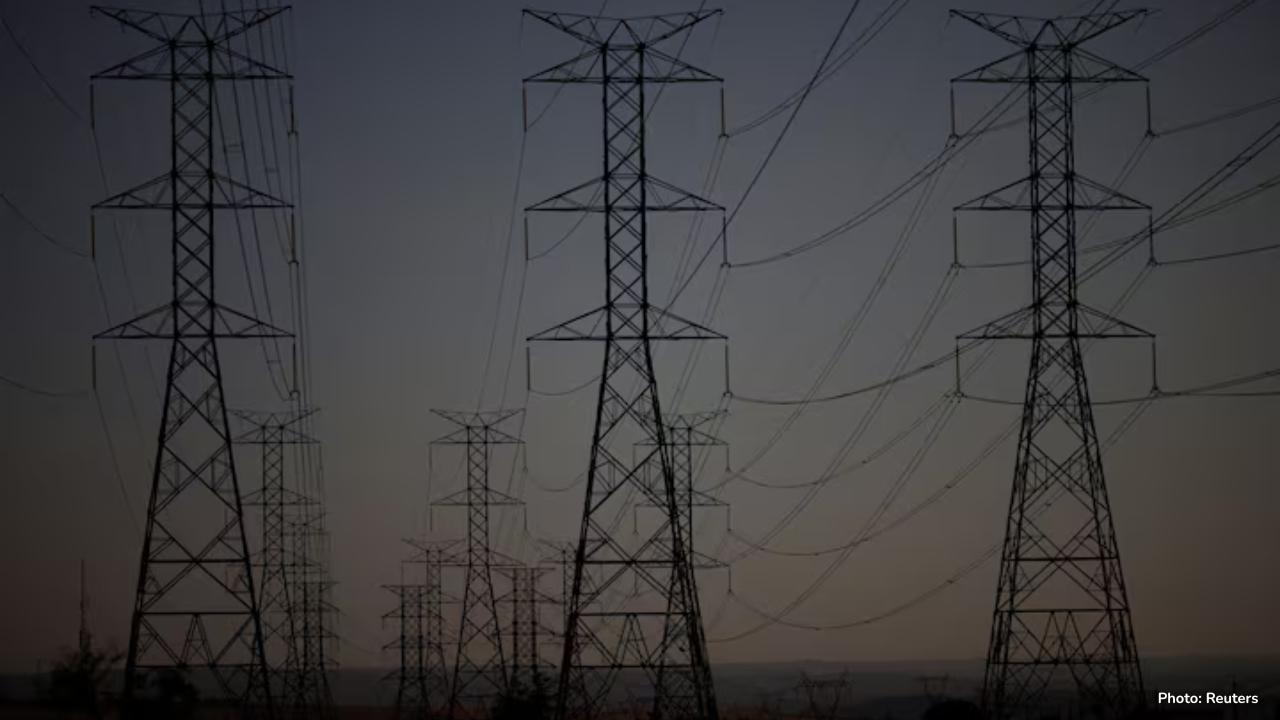

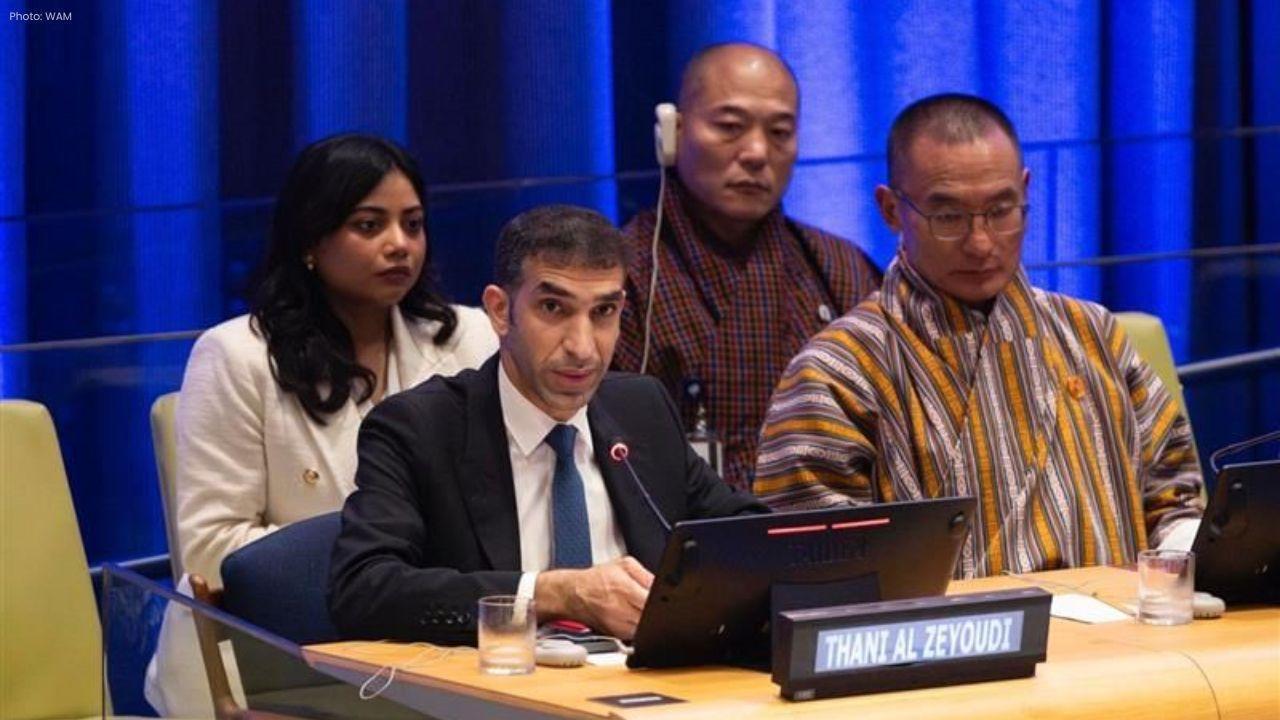

OpenAI's Revenue Soars to $4.3 Billion in First Half of 2025
OpenAI's revenue reaches $4.3 billion in the first half of 2025, marking a 16% increase from the pre

UAE Leaders Send Condolences to Saudi King Over Princess Abta's Death
UAE rulers and crown princes sent heartfelt messages to King Salman, mourning the passing of Princes

Brazil's Surplus Clean Energy Attracts Crypto Miners
Brazil's excess renewable energy is luring cryptocurrency miners. Companies like Tether and Renova E

Visa Tests Stablecoins to Make Global Payments Faster
Visa is testing stablecoins for international payments, aiming to speed up transactions and reduce t

Opera Unveils Neon AI Browser for Smarter Web Browsing
Opera introduces Neon, an AI-powered browser that automates tasks and enhances privacy, aiming to re

Albanese Visits Sheikh Zayed Grand Mosque in Abu Dhabi
Australian PM Albanese tours Sheikh Zayed Grand Mosque, highlighting peace, tolerance, and cultural